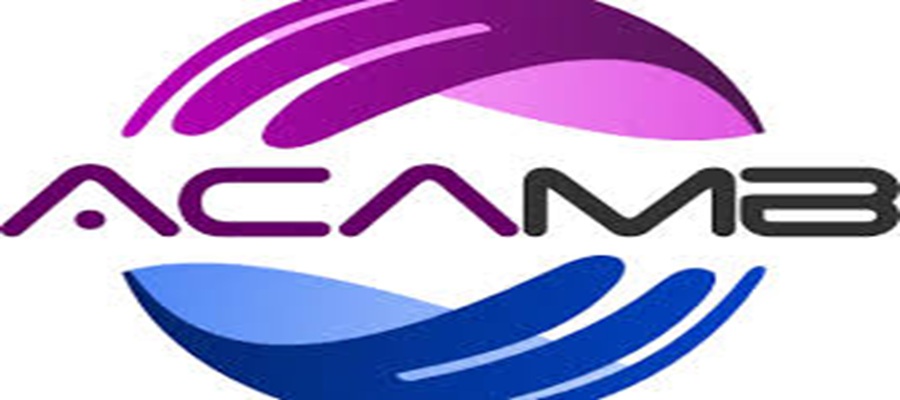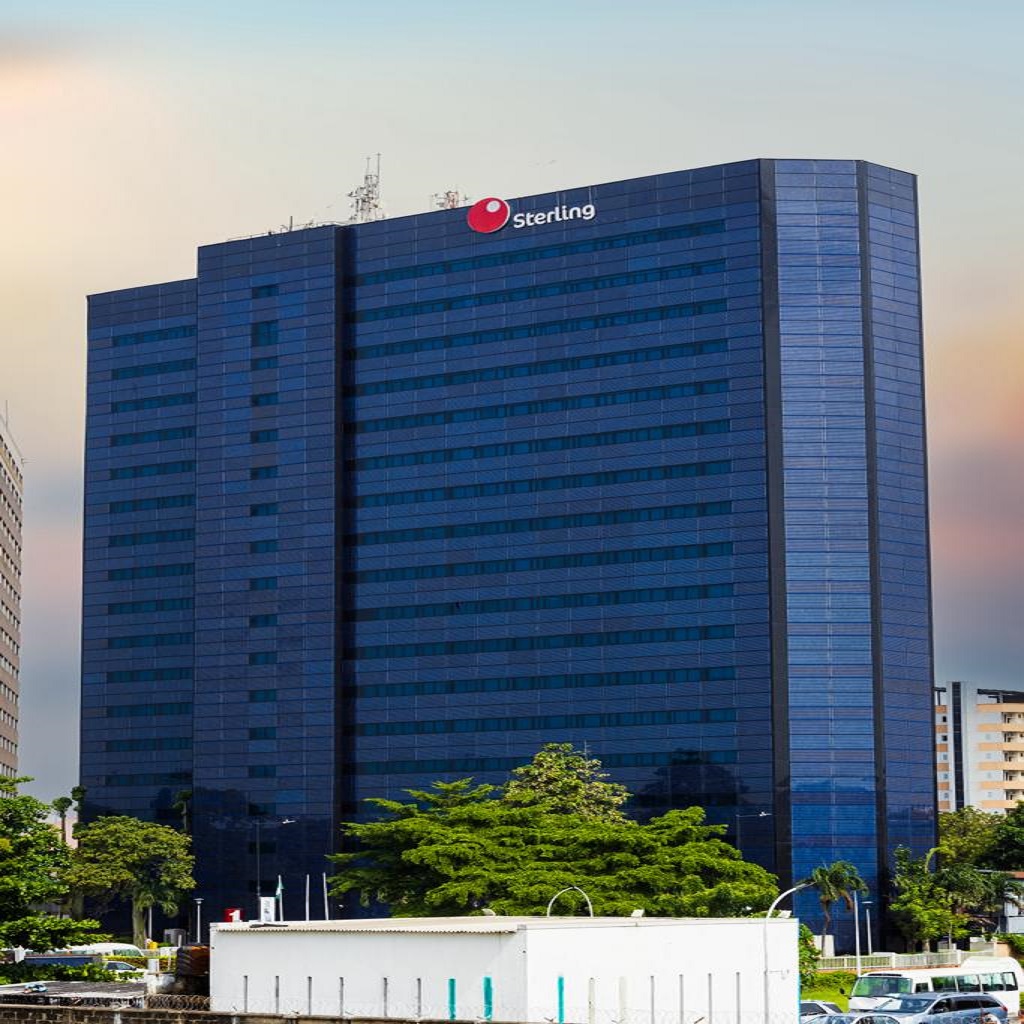E-Financial
Africa’s Mobile-Money Market to Hit $1.5Bn by 2019

Sub Saharan Africa is adopting mobile financial services at a pace seen in few other places, presenting banks and mobile network operators (MNOs) with a set of strategic choices that will go a long way toward determining their success in the region.
The use of mobile financial services in sub-Saharan Africa to do such things as pay utility bills and send money to relatives could produce an estimated $1.5 billion in fees for mobile-money providers by 2019, according to research being published by The Boston Consulting Group (BCG).
The report says that sub-Saharan Africans are looking for more-secure ways to borrow and save money and are open to other financial products delivered using mobile phones, including loans and insurance.
Although mobile financial services are emerging all over the world, sub-Saharan Africa’s unique circumstances — a combination of a mostly “unbanked” population and heavy mobile-phone penetration — have turned the region into an early adopter of mobile banking and a test bed for the technology’s potential.
Eight of the ten countries that make the most use of mobile financial services are in Africa, and sub-Saharan Africa has the highest proportion of active accounts (43 percent).
With the population in sub-Saharan Africa growing and becoming wealthier, the number of people aged 15 or older with an individual annual income $500 or more will rise to more than 460 million by 2019.
This trend is likely to strengthen as governments in sub-Saharan Africa increasingly focus on their education, health, and security systems — enhancing the potential for long-term economic growth in their countries.
According to BCG, by 2019 there will also be some 400 million unique mobile-phone subscribers and almost 150 million traditionally banked sub-Saharan Africans.
That will leave some 250 million sub-Saharan Africans aged 15 or older who have incomes of $500 or more and mobile phones but no traditional bank account. This gives a sense of the potential market for mobile financial services.
“Mobile financial services aren’t new, but they’re at an inflection point and adoption is accelerating,” said Hans Kuipers, a BCG partner and coauthor of the report.
“This is not something that African banks or MNOs can afford to ignore. A bank or MNO that isn’t active in the market runs the risk of becoming less and less relevant.”
Mobile financial services are “a way for African banks to drive and capitalize on the trend toward financial inclusion,” added Michael Seeberg, a BCG principal and a coauthor of the report.
“Failing to come up with a strategy could erode a bank’s existing customer base as even traditionally banked Africans increasingly turn to the simpler and cheaper mobile offerings.”
For banks and MNOs, a welcome dynamic of the market is its nascent state and the immature vendor landscape. With the exception of m-pesa — a service whose breakaway success in Kenya, the report notes, stems largely from favorable regulatory circumstances — no mobile financial service in sub-Saharan Africa has established an impregnable position yet.
To succeed, banks and MNOs will need to invest in infrastructure, business capabilities, and governance.
A critical piece of infrastructure is a network of agents. These are the physical places where sub-Saharan African consumers can sign up for a mobile financial service and make deposits and withdrawals — the equivalent of the terrestrial world’s bank branches.
Consumer insights are among the important business capabilities. This speaks to a bank or MNO’s ability to identify and develop the offerings that would matter most to consumers. It also has to do with knowing when to introduce different services.
Good governance is critical because of the partnerships that will be needed to create an ecosystem for mobile service offerings. Mobile financial services should not be a go-it-alone proposition; neither banks nor MNOs have everything that’s needed to succeed on their own.
The banks have the back-office systems and the understanding of risk and financial-industry regulations; the MNOs have the access to customers and the relationships with mobile-phone-store operators that could become a foundation for agent networks.
“Banks and MNOs are complementary in this space; each has something the other needs,” Kuipers said. “In many cases, it will make sense for them to team up.”
While it’s true that the market is still coming into focus, it won’t be long before mobile financial services play a significant role in this part of the world.
The technology is here, mobile penetration is deep and growing, and a huge portion of the sub-Saharan population is becoming bankable.
“The vendors that want to establish a strong market position are going to need to find the right partners and start developing an offering,” Kuipers said. “The time to do those things is now.”
E-Financial
ACAMB Educates Content Creator to Curb Misinformation on Bank Recapitalisation

In a bid to foster accurate public discourse as well as protect the stability of the financial sector, the Association of Corporate and Marketing Professionals in Banks (ACAMB) has stepped in to educate renowned content creator, Unofficial Osas, following his misrepresentation of facts concerning the Central Bank of Nigeria’s (CBN) recapitalisation drive, and subsequent invitation by the Nigerian Police Force.

ACAMB
The intervention by ACAMB led to the successful retraction of a misleading video regarding the CBN recapitalisation policy, demonstrating the Association’s commitment to its core mandate of public enlightenment.
In his official apology video, the content creator stated, “I was invited by the Nigerian police force national cyber crime centre in Abuja over the video I posted on the 15th of December, where i spoke about 12 banks that were shut down in relation to the CBN recapitalisation policy. I would like to offer an official retraction of that video and want to reiterate that no bank is shutting down.
“As a matter of fact, most of the banks have now met the ₦500 billion minimum capital base for banks with international and the N200bn for national banks recapitalisation requirements, so no bank is shutting down.
“I want to specifically appreciate ACAMB. They were very professional in handling this case and did well to educate and enlighten me on the recapitalisation process. I am now better informed and know better”
Commenting on the resolution, President of ACAMB, Jide Sipe, reinforced the Association’s dedication to protecting the integrity of the banking sector. “ACAMB stands for the restoration of professional banking ethics and public confidence through seamless information management and public enlightenment.
“We believe that an informed public is an empowered public. By engaging Unofficial Osas, we ensured that accurate information regarding the resilience and strength of our banks was disseminated to the millions of Nigerians who follow him.”
The Intervention shows ACAMB is dedicated to evolving strategies that enhance and sustain a good image for the nation’s banking sector as well as assist in fostering better banking habits among Nigerians.
E-Financial
FirstCap MD says Payment Security Remains Biggest Barrier to Bankable Gas and Power Projects

Ukandu E. Ukandu, Managing Director/CEO of FirstCap Limited, a leading investment banking firm and subsidiary of First HoldCo Plc., has reaffirmed that payment security remains the most decisive factor in determining whether gas and power projects in Nigeria secure financing.

He shared this perspective during a panel discussion on project bankability at the 2026 SPE Lagos Energy Week.
Ukandu noted that although several risks influence financing decisions, payment risk consistently emerges as the key barrier to financial close.
“Every major risk matter, but payment risk is the ultimate deal‑breaker. Without strong payment security and disciplined collections, no project can attract sustainable financing,” he said.
He explained that lenders typically evaluate three core risk pillars, payment reliability, foreign‑exchange exposure, and contract enforceability, with payment reliability presenting the greatest challenge across Nigeria’s energy value chain. Persistent collection inefficiencies, rising arrears, and liquidity pressures continue to weaken investor confidence.
To enhance payment security, Ukandu highlighted mechanisms widely used by financiers, including letters of credit, bank guarantees, escrow accounts with payment‑waterfall structures, reserve and sinking funds, sovereign or sub‑sovereign support, and take‑or‑pay offtake agreements.
Addressing foreign exchange risk, he noted that volatility remains difficult to manage, especially for projects with dollar‑denominated costs but naira‑denominated revenues. Lenders typically mitigate this through foreign exchange ‑linked tariff indexation, partial dollarisation for credible industrial offtakers, escrow protections, selective hedging, and foreign exchange reserve buffers.
However, he cautioned that indexation alone seldom eliminates exposure due to regulatory limits and timing delays.
On legal and regulatory certainty, Ukandu stressed the need for contracts that are enforceable and clearly structured, particularly around take‑or‑pay obligations, termination payments, step‑in rights, and dispute‑resolution frameworks. He added that factors such as tariff adjustments, licence changes, and price controls can significantly affect project viability if they are not fully addressed at the contracting stage.
While fiscal incentives such as tax holidays and accelerated depreciation can strengthen project economics, Ukandu emphasised that they cannot compensate for weak fundamentals.
“Incentives make a good project better, but they do not make a weak project bankable. Cash‑flow reliability and disciplined foreign exchange management must come first,” he said. He also noted that naira‑based incentives may lose value if project revenues are not indexed.
He concluded by urging industry players to prioritise revenue security from the earliest stages of project structuring: “Protect returns at the source. Build strong offtake arrangements with solid credit support and currency alignment to ensure cash is received in full and on time.”
E-Financial
Sterling HoldCo Starts Allotment of Oversubscribed Public Offer Shares

Sterling Financial Holdings Company Plc (Sterling HoldCo) has begun allotting 12,581,000,000 ordinary shares of 50 kobo each at ₦7.00 per share from its 2025 Public Offer.

Sterling HoldCo
The process follows Central Bank of Nigeria (CBN) and Securities & Exchange Commission (SEC) approvals.
The offer, opened September 15, 2025, drew 18,280 applications for 16.84 billion shares worth ₦117.88 billion—109.79 per cent oversubscribed.
Valid applications from 18,276 shareholders totalled 13.81 billion shares; all compliant applicants receive full allotments.
Refunds for rejects/excess, plus interest, process via RTGS/NIBSS by February 17, 2026, handled by Pace Registrars Limited.
Shares credit to CSCS accounts by the same date; new accounts held in pool pending documentation.
The raise bolsters capital for banking subsidiaries, injects ₦10 billion into SterlingFI Wealth Management to meet SEC rules, and funds credit expansion, innovation, and support for businesses/households.
Strong Financials, Diversified Growth
FY25 interim results show 99 per cent profit before tax growth; gross earnings up 46 per cent to ₦476.5 billion; assets at ₦3.92 trillion; deposits up 18 per cent to ₦2.98 trillion; shareholders’ funds up 39 per cent to ₦424 billion.
Cost-to-income ratio improved to 63 per cent from 72 per cent.
Subsidiaries—Sterling Bank Limited (conventional), The Alternative Bank Limited (non-interest, 150+ branches)—comply with CBN capital rules.
Initiatives include Mata Zalla (women tricycle training) and Plateau agriculture programme.
The offer attracted first-time retail investors, broadening ownership.
Sterling HoldCo welcomes new shareholders, poised for sustained growth and economic impact.

 Telecom2 days ago
Telecom2 days agoBanks, Telcos Settle Four-Year Dispute over N300Bn USSD Debt

 General News1 day ago
General News1 day agoHow JustMarkets Is Empowering African Traders with Global Market Access

 E-Financial2 days ago
E-Financial2 days agoACAMB Educates Content Creator to Curb Misinformation on Bank Recapitalisation

 Telecom1 day ago
Telecom1 day agoGroup Condemns Gabon’s Social Media Shutdown Amid Protests

 General News2 days ago
General News2 days agoPalmPay Unveils First Batch of Winners in #LoveWithPalmPay Campaign

 E-Financial2 days ago
E-Financial2 days agoFirstCap MD says Payment Security Remains Biggest Barrier to Bankable Gas and Power Projects

 E-Business1 day ago
E-Business1 day agoMutual Benefits Assurance Settles ₦5.9bn Claims in January 2026

 General News2 days ago
General News2 days agoCourt Freezes MCSN Copyright Levies amid Record Label Legal Battle














